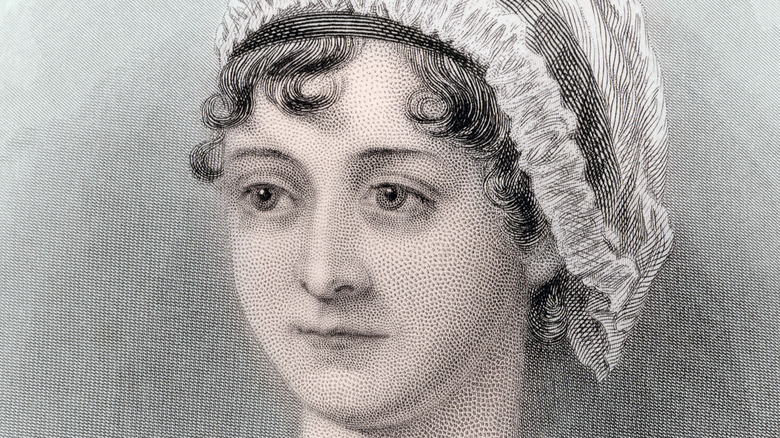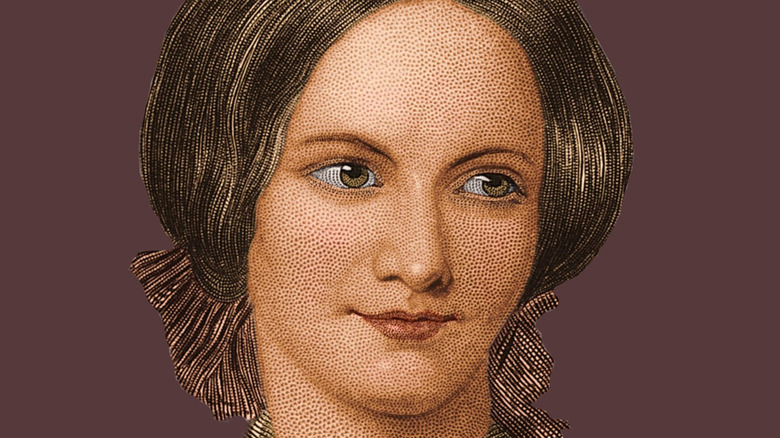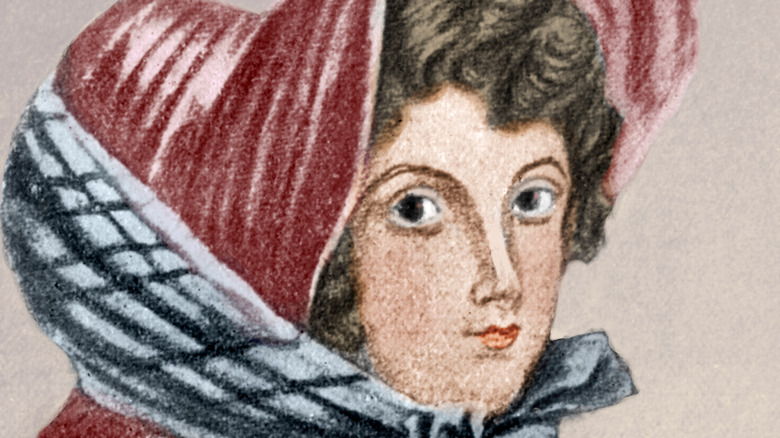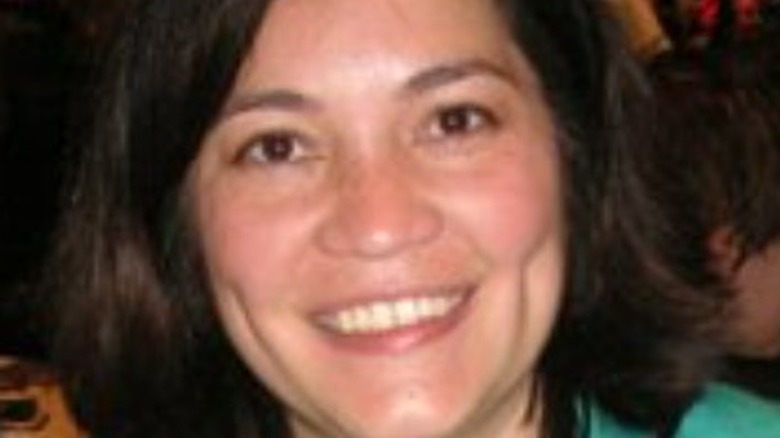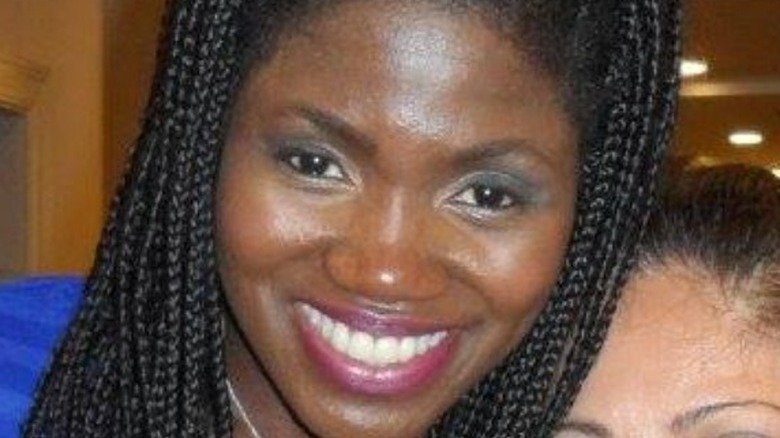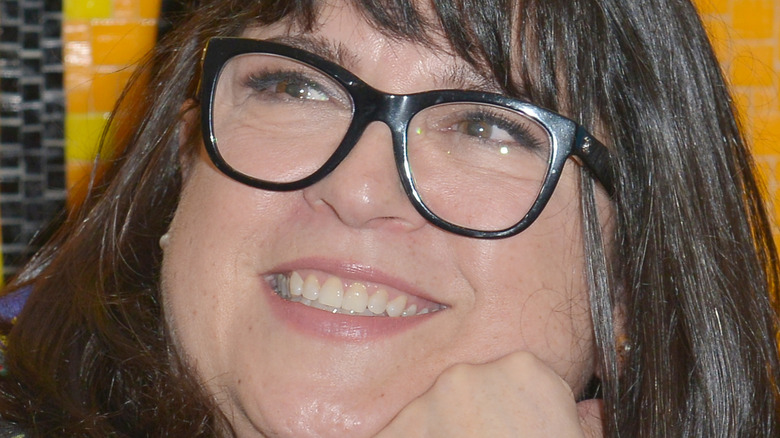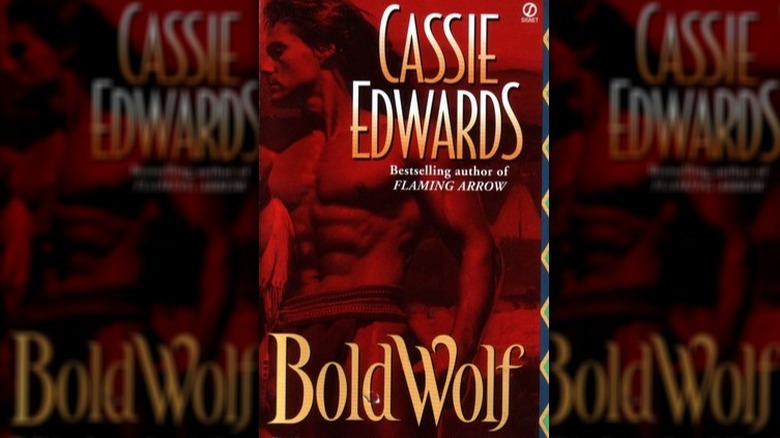Controversial Things About Famous Romance Novelists
Throughout history, criticisms of romance novelists pertain almost entirely to the sensual and sometimes scandalous matter of their books. Generally, they center around the critic's sense of high moral ground, which is, in turn, influenced by the society for which the book was produced. For example, Paul Montgomery wrote in a 1965 publication of the New York Times that the business of what he calls "Pulp Sex Novels" emerged, at the time, to become a business worth $18 billion annually. In the article, Montgomery's 1960s attitude nearly blinds the reader. He says, "Even those who write and publish the books feel they are involved in a less than noble profession."
What does all this have to do with romance novelists and their dirty laundry? It's essential to peek, now and again, through the lens of the past to catch a glimpse of how an act as simple as writing about love and sex could be received with such contempt. While some novelists make grave mistakes, some controversial discussions are diluted by the passage of time.
Some love them, and others turn up their noses. One thing is for sure: Romance novelists rarely cease to entertain in one way or another. From unruly criticisms to shocking lawsuits and even exclusionary sentiments, the industry has seen controversy after controversy since its first novels were published, and some of these novelists aren't as harmless as they appear to be.
People thought Jane Austen Novels Bred Misbehavior
In an attempt to understand why Jane Austen's novels might have been controversial in her lifetime, one comes across plenty of information suggesting Austen's social and political agendas focused around pre-feminist ideals. English professor Barbara M. Benedict said (via The New York Times), "Jane Austen is mocking a lot of the anxiety that surrounded women reading novels ... Novel reading for women was associated with inflaming of sexual passions; with liberal, radical ideas; with uppityness; with the attempt to overturn the status quo." Benedict is referring to Austen's novel "Northanger Abbey," which features a young woman who becomes convinced by a book that a man in her real life is a murderer. Benedict's explanation suggests Austen believed women were capable of distinguishing between novel and reality, and she was not afraid to publish it.
It wasn't merely the content of her writing but the genre altogether. The novelist published her romances in the early 19th century, and according to the Times, that was a time when reading and writing fiction was looked down upon by the social and intellectual elite. As the Jane Austen Centre notes, none of Austen's works were published under her name, another practice common for the time.
After her death, Austen continued to garner both praise and criticism for her work — including from a writer she is often grouped with, Charlotte Bronte. According to The Daily Beast, Bronte found Austen's work to be rather boring, lacking a passion and darkness that was part of life.
Charlotte Bronte was Accused by the Victorian Society of Being Immoral
Apart from modern criticism of Charlotte Bronte's "Jane Eyre," including whether Bertha Mason was truly mentally ill, according to Feminism In India's character study of Rochester's ex-wife, critics of the time deemed Bronte's writing immoral, according to the Victorian set of morals, of course. The New York Times quotes Bronte critics as having said the novel's main character is too outspoken about her own beliefs, which, according to Sally Shuttleworth for the British Library, directly opposes the ideals of a proper Victorian woman.
The New York Times article also explains that early critics of "Jane Eyre" thought Eyre's wanting Rochester sexually was immoral, and Bronte's consideration of the young woman's role in society blasphemous, arguing that her ideals challenged the natural appointment of God over a woman's place in society. What to a modern reader appears to be nothing more than Jane Eyre declaring she is a woman with thoughts and feelings and not merely an "animation" to a Victorian audience was to challenge God's will.
As Feminism in India notes, "Jane Eyre" could be considered a feminist book — at the time, women writers weren't encouraged, so Bronte wrote her masterpiece under the pseudonym Currer Bell. However, Victorian critics, suspecting the ploy, suggested that Bronte had given up her femininity and essentially toppled the natural order of society, as per the British Library.
Charlotte and Emily Bronte's Lives were not as romantic as some might think
The Bronte sisters have been reshaped time and again in the eyes of society by critics and scholars seeking answers in their works of fiction. The reputation of the sisters in their own time, according to the New York Times, was that of "Charlotte as a long-suffering domestic saint and the early 20th-century image of Emily as a waifish free spirit, wandering the windswept moors." The sisters' actual lives, so says Lucasta Miller in her book "The Bronte Myth," were overshadowed by their public image, which was romanticized over time.
Their actual lives weren't so unusual. As History Extra notes, despite some family tragedy, the sisters lived in a rather ordinary way — lessons, church, time spent outside, and playing pretend. Both Charlotte and Emily Bronte would spend their young adulthoods teaching children, and they both hated it. Charlotte is quoted as having told her brother in a letter that her students lacked "intellect or politeness or good nature or good feeling" (via "Charlotte Bronte and Her Circle," by Clement K. Shorter). Emily, seen in her time as a mysterious woman obsessed with the moors, was a school teacher who died of turbuculosis, as per History Extra, a much less romantic idea of the writer's life
Nicholas Sparks accused of anti-gay sentiments
Many know Nicholas Sparks as the man who wrote the New York Times bestseller "The Notebook," but a lesser-known fact about the famous novelist is that he helped found a Christian school in North Carolina. The school, according to Daily Beast, is the Epiphany School of Global Studies, and Sparks is chairman of the board of trustees. Allegedly, Sparks fought against notions to create an LGBTQ+ club for Epiphany students in 2013. Emails between Sparks and Saul Benjamin, a previous headmaster, highlight the novelist asking Benjamin to delete the word "non-discrimination" from his vocabulary and show his refusal to allow an LGBTQ+ club at the school.
In another email, Sparks reprimands Benjamin for his purported agenda. Sparks says to Benjamin, "... you chose to rock this boat early and hard ... with what some perceive as an agenda that strives to make homosexuality open and accepted." Later in the same email, Sparks brings back up Benjamin's so-called motives and even goes so far as to misidentify the community as "GLBT." Benjamin ultimately took Sparks to court for his actions.
According to The New York Times, Sparks apologized publicly in 2019 for lashing out and for his exclusionary language. He tweeted that he had no homophobic feelings and was operating under stress when he sent the emails.
Nora Roberts filed a lawsuit against a potential plagiarist
In 2019, Nora Roberts, well-known in the romance industry for her over 200 novels, filed a lawsuit against another author over plagiarism, according to The Guardian. Roberts accused Cristiane Serruya of plagiarizing some 40 authors, including 10 of Roberts' own books, according to the New York Times. CBC News says Roberts later called out Amazon, where the accused Surruya published her books, for not having caught the plagiarism, which forced Amazon to make a public statement against copying other writers' works.
Before the lawsuit, the Romance Writers of America had included Surruya's "Royal Love" as a finalist in the RITA Best Fiction award, and, once it became clear that the novel was one of many of hers to borrow heavily from Roberts and other writers, the title was promptly removed from the running.
Roberts has earned a reputation as an anti-plagiarism spokesperson thanks to this case and has spoken out against plagiarism on many occasions since the incident, saying that, while other writers don't have the resources it takes to achieve justice, she does, as per the Times. Roberts didn't stop there. She later reprimanded Kindle Unlimited, a part of Amazon, for the program that pays self-published writers royalties for pages read by the consumer, which, according to Roberts, encourages plagiarism as an easy way out to increase output.
Courtney Milan twice accused another author of racism
In 2020 Courtney Milan, a respected Chinese American romance novelist with a prominent online presence, accused Kathryn Lynn Davis of using harmful racial stereotypes when describing the leading female character, who is half-Chinese, in her 1999 novel "Somewhere Lies the Moon," according to CNN. Milan tweeted in reference to the book, "I'm gonna be honest: I don't know how I feel about 'bronze' as the 'standard' for Chinese skin (prior tweets), but I *do* know how I feel about 'yellow.' And about almond eyes" (via Vulture).
It wasn't just Davis, though. Milan also criticized Suzan Tisdale and Sue Grimshaw, who she implied was a danger to diversity in the industry, reports CNN. Many Twitter users, including fellow writers, joined in to recount their own stories. Just months afterward, Davis and Tisdale complained to the Romance Writers of America that Milan was being unfair and unprofessional, as per The New York Times. The RWA, the board of which Milan was previously a member, discredited Milan and reprimanded her for her tweets, explaining that she was not in line with the company's policy to create a safe workplace. This snowballed into the RWC canceling their awards ceremony and losing money and memberships, reports CNN. A member of the RWA ethics committee eventually came forward and told Vulture that the case against Milan did not follow the organization's Code of Ethics and was unfair and unorganized.
The Romance Writers of America Organization has a history of exclusion
The Romance Writers of America is a trade organization for romance novelists and holds an awards ceremony called the RITA Awards every year to celebrate romance writers. According to Nana Malone (via Vox), attending one of these RWA conferences is like being "back in high school — surrounded by mean girls." Malone was at the 2019 RITA Awards to celebrate her friends Kennedy Ryan and M. Malone being the first Black authors to win an award at the ceremony, and she overheard a woman say, "I didn't know we needed two token winners."
RWA's history of exclusion can be traced further back. Piper Huguley was the only Black writer nominated in any category at the 2013 RITAs. When she got to the reception, she was stopped at the door by a suspicious event worker who treated Huguley as if she didn't belong and made her feel unwelcome. According to Huguley, even after showing her proof that she was an invitee, the staff member offered no apology or remorse for the mistake. As Vox reports, between 2007 and 2017, less than 0.5% of the RITA finalists were Black.
There are countless stories such as this one by writers of color, queer writers, and other writers of marginalized groups who have been treated similarly at RWA events, causing a flurry of whispers about the state of RWA's priorities.
E.L. James wrote a polarizing book
Since the book came out, E.L. James' erotic fiction "Fifty Shades of Grey" has sold over 15 million copies since its release in 2011 (via New York Post), and the author and her trilogy have also been at the center of great scrutiny. As the New York Times notes, her books brought to the forefront normally tabbo topics that most women would prefer to keep behind closed doors.
Most of James' criticism has to do with elevating a misogynistic abuser as a desirable character, as per NBC News. Deborah Khoshaba of Psychology Today said Christian Grey "has 50 shades of a sadistic character flaw to sexually possess, control, dominate, and debase women." She further argues that James treats BDSM too simplisically, offering that such relationships can often be harmful and unhealthy for the women involved.
What keeps readers coming back? Khoshaba thinks she knows. According to her, the continued success of such a polarizing book suggests the majority of women, at least those reading romance novels, still, willingly buy into the fantasy of a shining knight coming to the rescue. And according to Newsweek, the erotica is relatively safe, thanks to these traditional romantic roles.
Buzzfeed News details other criticisms of the tropes James employs in her book, from the religious community denouncing the book's attack on family values to feminists arguing the book prmotes female enslavement. The polarization of the debate of "Fifty Shades" usually boils down to which side of the line one finds oneself.
Blushing Books Withheld Royalties from some writers
Former romance author turned publisher Anne Wills was accused of not paying novelists their royalties or paying the incorrect amounts, according to the New York Times. Recently, many authors working with Wills' Blushing Books came to The Times claiming they weren't paid for their works published by Blushing Books and that, when confronted, Wills called the mistakes glitches.
Apparently, Blushing Books also tricked authors into signing away certain rights to their works. The Times describes how one writer named Barbara Carey LaPointe noticed Blushing Books inserted into her contract, against her knowledge, clauses that gave the publisher rights to alternative versions of her books. LaPointe blames her naivety for the blunder, saying, "At the time you're so thankful that a publisher is going to take your book."
In response to the situation, in 2020, the Romance Writers of America barred Blushing Books from events and stripped their membership status for three years.
Cassie Edwards was Accused of Plagiarism
Cassie Edwards, a well-known romance novelist of recent decades, was accused in 2008 of plagiarizing numerous writings in her 100 romance novels (via The New York Times). Sections of Edwards' books were posted online side by side with the countless passages she'd plagiarized, which many have taken as clear evidence of the offense. A fair few of Edwards' copied passages were in her novels centered around Native American life, and one of these had a whole section about ferrets, which had been copied nearly word-for-word.
Signet Books, who was previously working with Edwards, dropped the writer after the allegations proved true, reports CBC News. Signet released a tidy press notice explaining that the situation had been resolved professionally and quietly, but fans across the nation felt differently. Even Nora Roberts spoke out about the situation (via CBC): "By my definition, copying another's work and passing it as your equals plagiarism."

